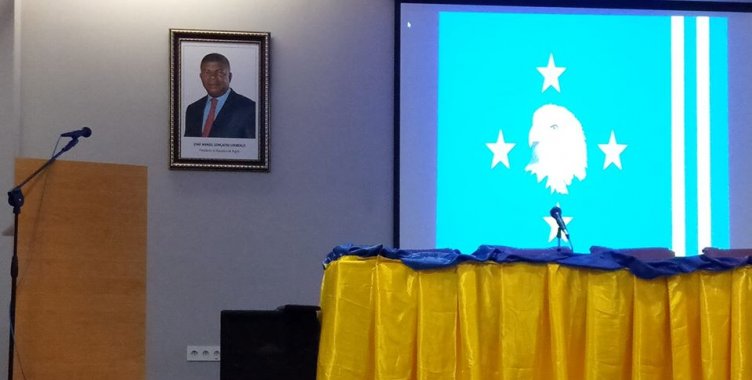"I think right now, this fight [against corruption] is being selective, because there are many people who have embezzled public funds that are not in accounts with the Attorney General's Office," Albino Wassuca said this Wednesday in statements to Lusa.
According to Wassuca, who was speaking after the public presentation of the new political formation, the fight against corruption should be more effective, encouraging the Attorney General's Office (PGR) to work "across the board" to "get the country out of the muds where it is economically located.
The fight against corruption, impunity and nepotism are the axes of the governance of the President, João Lourenço, in power for two years.
For the PLUS leader, the model for fighting corruption at the moment "is not the most effective", but the new party formation supports "the fight against corruption" and encourages "the Government to continue" with this practice.
"Because when a country is corrupt or is corrupt there is no socio-economic development and there must be laws that regulate that people cannot lose money, the public servant must serve the Angolans exactly", he argued.
Asked about the ideal or effective model for fighting corruption, Albino Wassuca said the first step is compliance with the law for all: "And the law does not say that we should fight corruption selectively.
"There are many people who have embezzled public funds, I am sure that the OPG is aware of this and I believe that this fight should be generic," he said.
The Liberation and Social Unity Party, constituted in October 2019 and presented this Wednesday in Luanda, has representations in 12 of the 18 provinces where it already collects signatures for its legalization.







